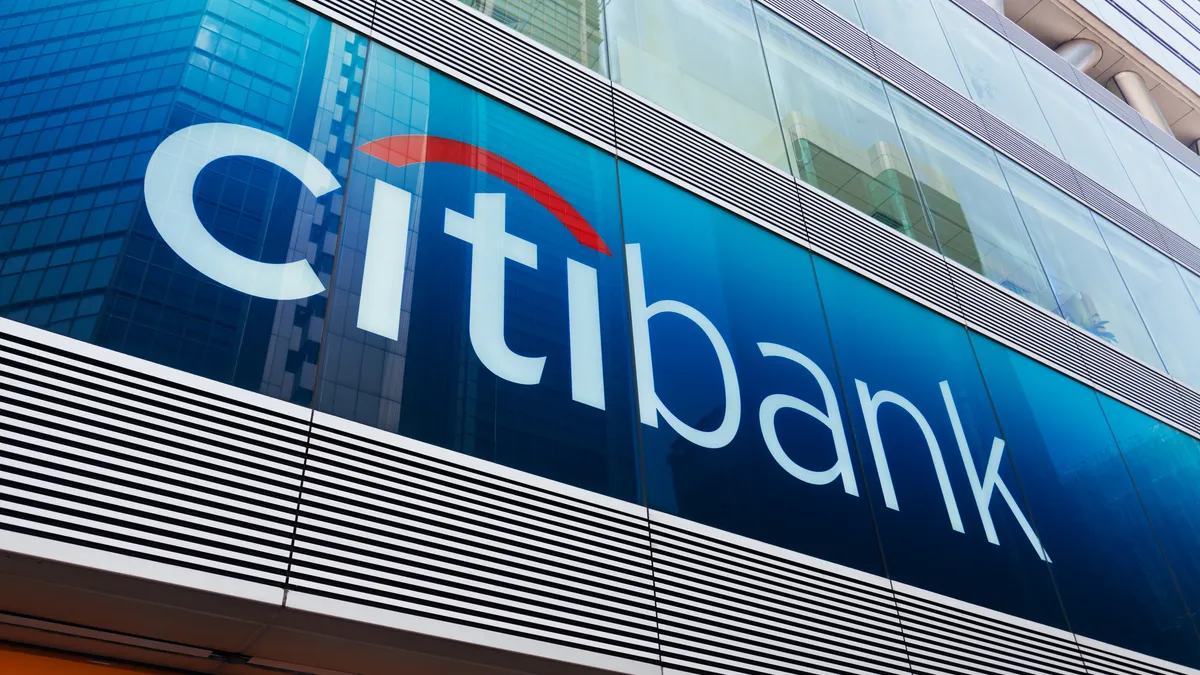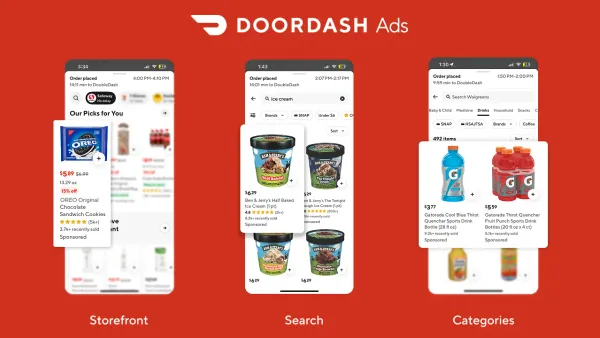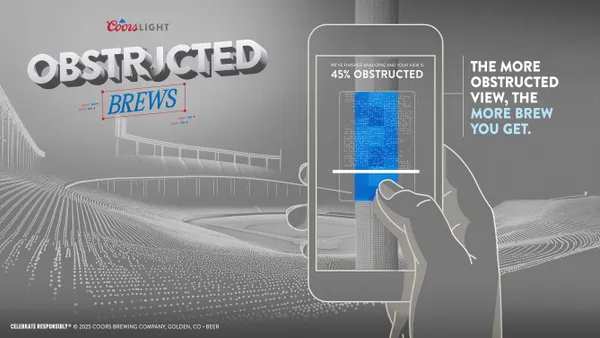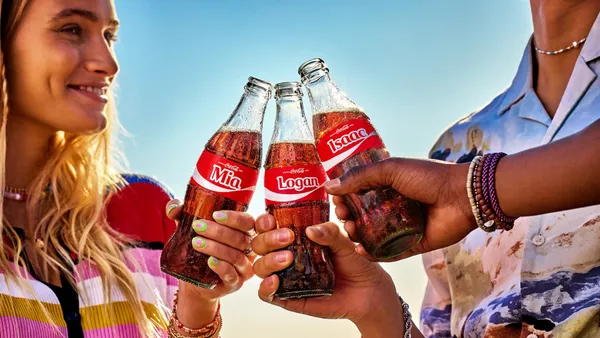Brief:
-
Apps for mobile banking have become some of the most widely used by Americans, according to a mobile banking survey by Citibank. About one-third (31%) of consumers use their mobile banking app the most, behind only apps for social media (55%) and the weather (33%), the survey of 2,000 U.S. adults found.
-
Alice Milligan, chief digital client experience officer at Citibank, said her company has seen a 25% gain in mobile banking usage in North America since last year. Almost half (46%) of consumers, including nearly two-thirds of millennials (62%), have increased their mobile banking usage in the last year. Eight out of 10 consumers (81%) use mobile banking nine days a month, on average, while nearly a third (31%) do so 10 or more times a month.
-
The growing popularity of mobile banking has made consumers less dependent on physical banking branches to handle transactions. Citibank’s survey found that 91% of mobile banking users prefer using their app over going to a branch, and 68% of millennials who mobile bank see their smartphones replacing their physical wallets.
Insight:
While it's no suprise the mobile banking is popular, the results from the survey are interesting in that they suggest mobile banking has not reached a point of saturation yet. That is good news for big banks like Citibank, which face growing competition from fintech startups, tech giants and major retailers that are continually seeking ways to make payments and money transfers easier on digital platforms. Large banks like JPMorgan Chase, Bank of America, Wells Fargo and Citibank are restricted from merging in an effort to grow because of regulations passed after the 2008 financial crisis, which has compelled them to invest heavily in mobile banking platforms as a way of gaining more customers, according to The Wall Street Journal.
As the Citibank survey shows, banks need to leverage their reputations for security and trust in order to remain competitive with nimble startups that offer various kinds of digital transactions. About nine out of 10 (87%) of Americans said they trust traditional banks more than non-bank financial institutions, the survey found. When it comes to handling personal information on their phones, 45% of consumers are uncomfortable about others seeing their banking information, much more than their photos (24%) and texts (21%), highlighting the importance of rigorous security protocols to help keep this information private. That’s especially true as consumers see continual headlines about data breaches and Facebook faces scrutiny for sharing user data without the informed consent of millions of users.
Mobile banking users say convenience is one of the most important benefits of the technology. On average, respondents estimate that they save 45 minutes a month because of mobile banking (equivalent to nine hours a year), logging in while at home on the couch (75%), in bed (47%) or at work at their desk (36%). About one-fifth (19%) of millennials are even mobile banking while on a date, the survey found.














